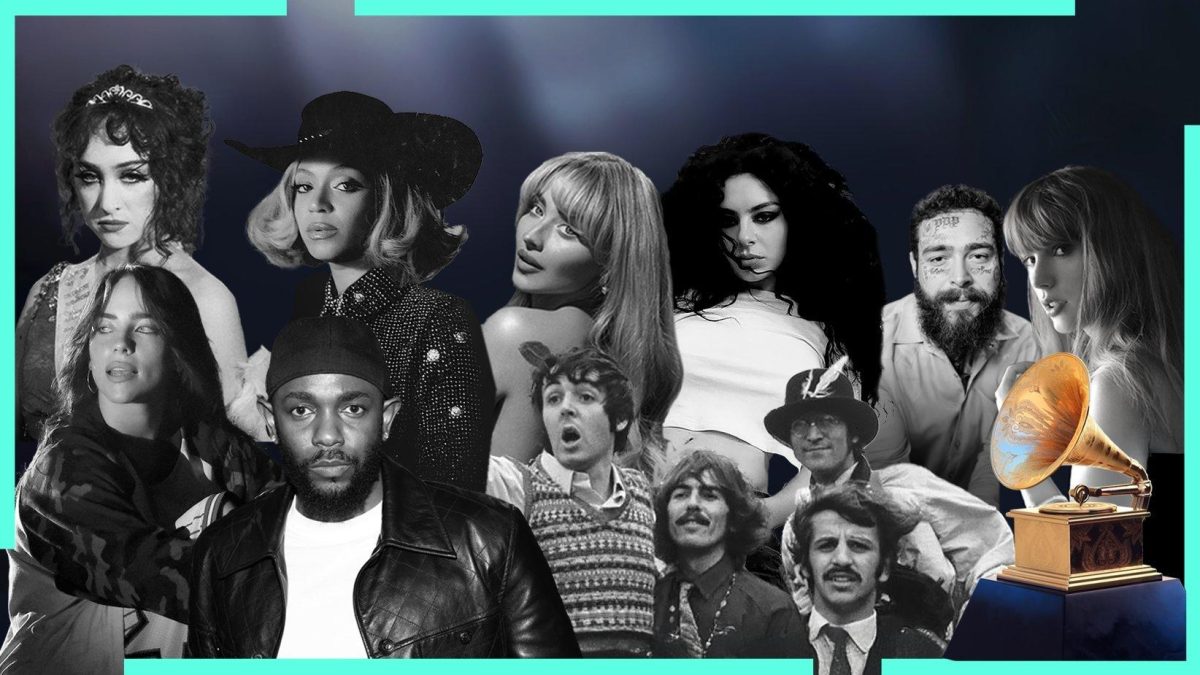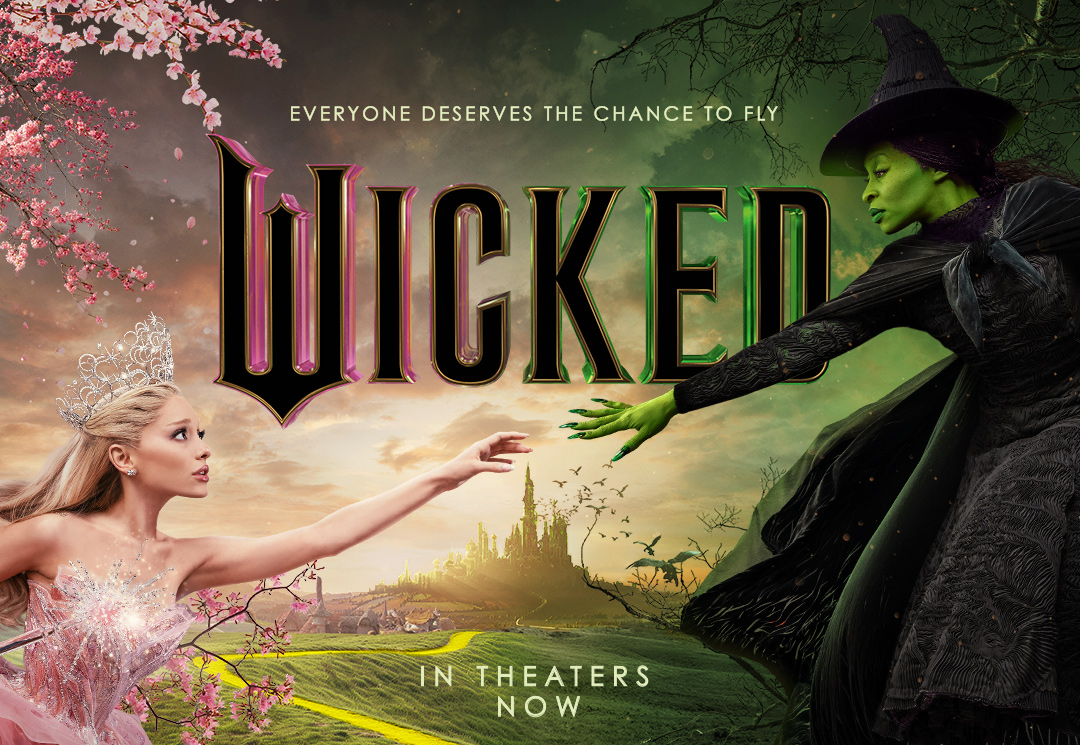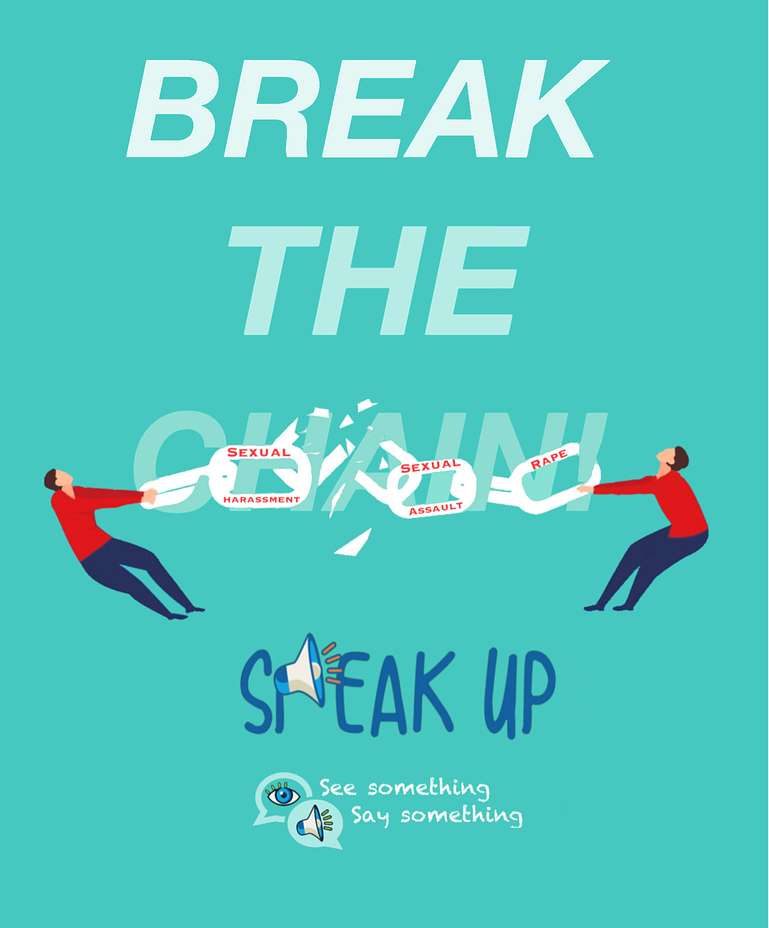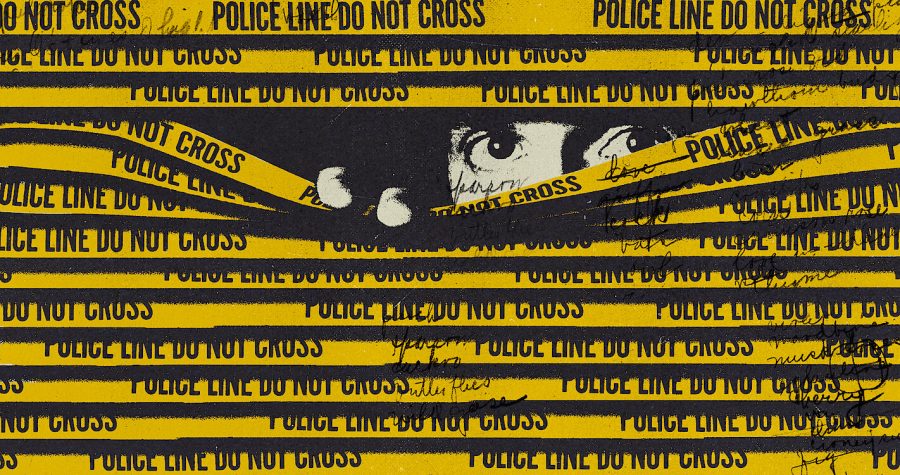A Dahmer dilemma: The ethics of true crime
March 28, 2023
For some people relaxation consists of listening to music, reading a good book or even watching obviously staged reality TV. For others, relaxation includes putting in some headphones and consuming the most graphic and horrendous stories of assault, violence, abduction and other atrocities that have actually happened in real life.
True crime is a genre of entertainment that consistently tops the charts, but is also affecting survivors, victims and their loved ones negatively. Even though many people enjoy true crime media, it has led to the glorification, idolization and rising popularity of the criminals involved in these stories.
One of the most recent examples came with the release of Netflix’s series “Monster: The Jeffrey Dahmer Story.” This series portrayed the crimes and life of a murderer named Jeffrey Dahmer. The show was based on true stories and had actors portraying people that were real life victims.
Not only were these people victimized by Dahmer, they were then exploited by Netflix for commercialization without the permission of their loved ones. According to The Times the release of this show “retraumatized” the loved ones of victims and made them feel “bothered.” While actors and actresses were on stage accepting academy awards for their role in this TV show, victims were at home watching their lives be exploited for a profit.
The widespread success of this series sparked an obsession with Dahmer across social media. Many people dressed up as him for Halloween or posted on social media that he was “attractive.” Other disgusting things were being said about Dahmer all over the popular social media platform TikTok. For weeks the only videos that graced the “for you page” were edits, videos and jokes about Dahmer that idolized him like some sort of celebrity.
Netflix isn’t the only contributor to the rising popularity of true crime in the media. There are hundreds of podcasts and YouTube channels that discuss these same topics. Many of these podcasts and YouTube videos talk about these topics in a nonchalant way.
Popular Youtuber Bailey Sarian has a series on her channel called “Murder, Mystery and Makeup Mondays” where every Monday she discusses true crime while applying her makeup. She always tells the stories in a very joking manner. Some may say she’s trying to bring light to the issue while others think that isn’t an appropriate way to handle these sorts of topics.
So that leads to the question, is true crime media ethical? Ethics are subjective with everyone having their own beliefs as to what is “wrong” or “right” however there is a baseline as to what is “right” when it comes to true crime entertainment.
In the case of Netflix what they did was “wrong” in many people’s eyes. Netflix failed to ask permission from the family, notify them that their stories were being publicized on such a huge scale or send them any sort of sympathy. The Netflix show “Monster: The Jeffrey Dahmer Story” also showed graphic details that focused on Dahmer and didn’t provide anything that would put the victims first.
Companies like Netflix and YouTubers like Bailey Sarian simply want to produce media that will sell and help them make a profit. They don’t focus on putting the lives of those affected first and simply include whatever will entertain people. This is how true crime becomes so unethical.
However not all true crime media is unethical. In the case of a small podcast called “Inhuman” they know how to do things “right.” This podcast focuses on the victims and their families, only releasing graphic and disturbing information if it’s absolutely relevant to the story. The hosts of the show Andrea and Haley don’t make jokes while they’re talking about the topic like many other people in the true crime entertainment industry do.
“Inhuman” and other true crime media similar to it are examples of ethical true crime. Ethical true crime always puts the victims and their loved ones first, making sure not to make jokes or glorify the criminal in any way.
Even though unethical true crime from huge media companies can be entertaining for some, it’s crucial that as a society people only consume ethical true crime entertainment. Unethical true crime negatively affects people that the story is based off of and can do more harm than good.































